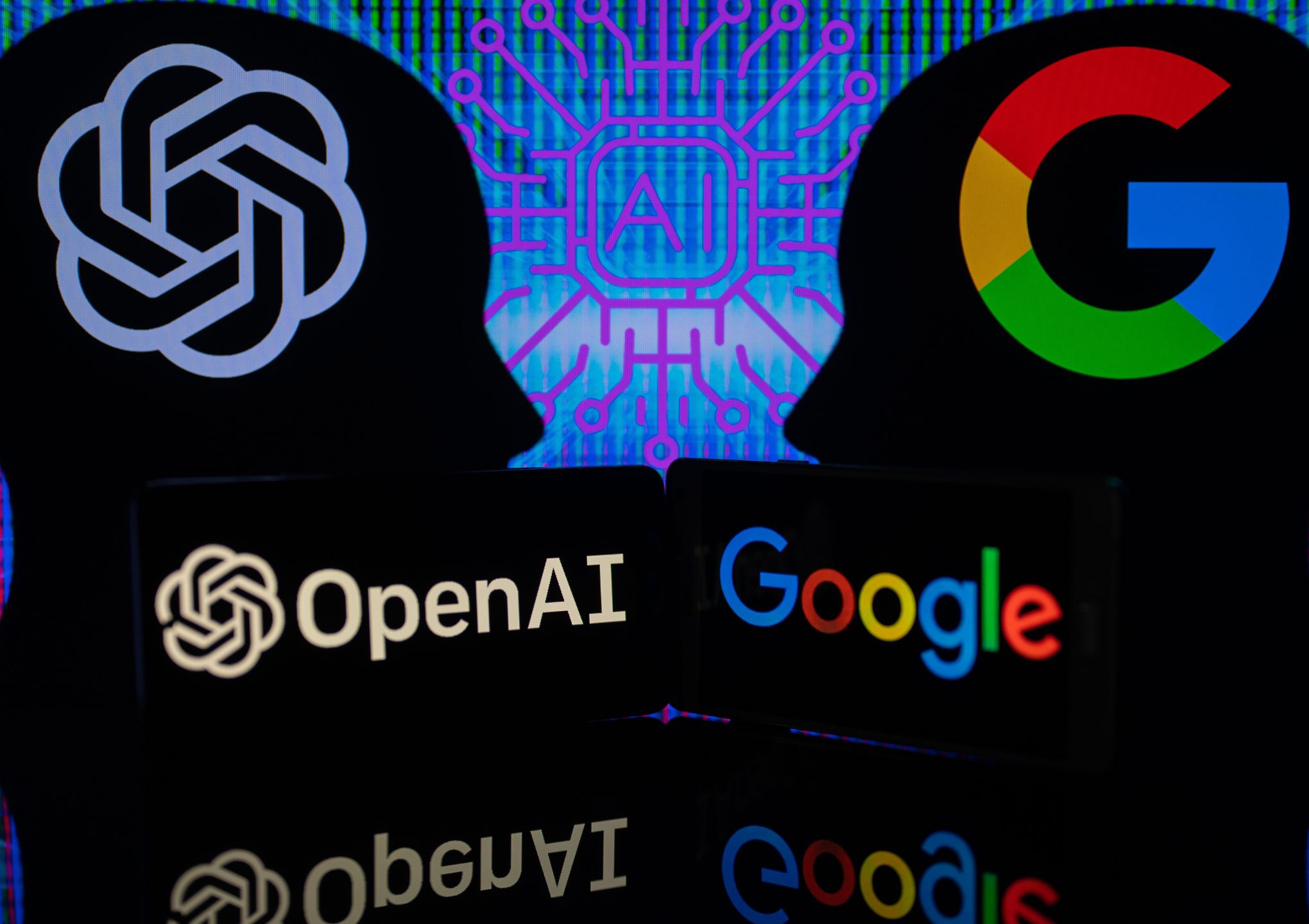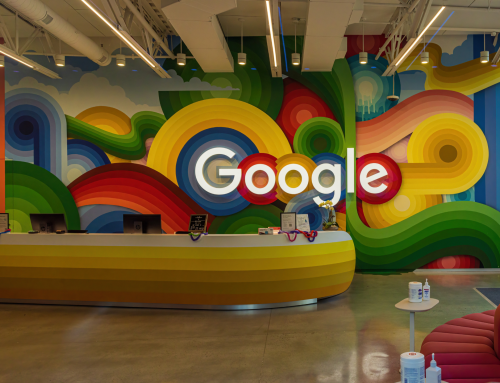Google has acknowledged that it cannot compete against open source artificial intelligence (AI), according to a leaked memo. The memo reveals how the search giant is struggling to keep pace with open source AI and suggests a path to regain its dominance. The memo begins by stating that open source AI was always its main competitor, not OpenAI. Google admitted that it had already lost the struggle for AI dominance and is not positioned to compete against open source. Although Google has a slight advantage over open source AI, the gap is closing fast, and it will never return.
Open Source AI is Lapping Google
The bulk of the memo is spent describing how Google is outplayed by open source. Open-source models are faster, more customizable, more private, and pound-for-pound more capable. Google’s size is no longer an advantage. The outlandishly large size of their models is now seen as a disadvantage, not an insurmountable advantage, as they thought. What scares Google in particular is that the Open Source movement can scale their projects in a way that closed source cannot. The leaked memo lists a series of events that signal Google’s (and OpenAI’s) control of AI may rapidly be over.
Scale of Open Source Scares Google
The open source community obtained a leaked open source model, Meta’s LLaMA, in March 2023. Within days and weeks, the global open source community developed all the building parts necessary to create Bard and ChatGPT clones. Sophisticated steps such as instruction tuning and reinforcement learning from human feedback (RLHF) were quickly replicated by the global open source community. The open source Q&A dataset created by Databricks is claimed to be of a higher quality than Google and OpenAI’s as it was created by thousands of employee volunteers and professionals.
Open Source Has Historically Surpassed Closed Source
The memo cites OpenAI’s DALL-E, the deep learning model used to generate images from text descriptions. OpenAI published a paper on DALL-E in January 2021 and released the code on GitHub. A few months later, EleutherAI, an open-source community, created a similar model called GPT-Neo. The memo emphasizes that open source has historically surpassed closed source AI, citing examples like TensorFlow, PyTorch, and other popular libraries.
Google’s Suggestion
The memo suggests that Google should focus on owning the platform. Google should develop an open-source AI model for natural language processing (NLP) and partner with the open source community. This will ensure that Google remains relevant in the AI landscape. Google should also provide developers with the necessary tools to build on top of its platform. The memo concludes by stating that Google cannot beat open source, but it can work with them and be part of something bigger.
The Future of AI
The leaked memo reveals that Google is struggling to keep pace with open source AI. Open source AI is faster, more customizable, more private, and pound-for-pound more capable. The open source community can scale their projects in a way that closed source cannot. Google has acknowledged that it cannot compete against open source AI and suggests partnering with the open source community. The future of AI is with open source, and the future is now.
Read the full memo:
https://www.semianalysis.com/p/google-we-have-no-moat-and-neither







